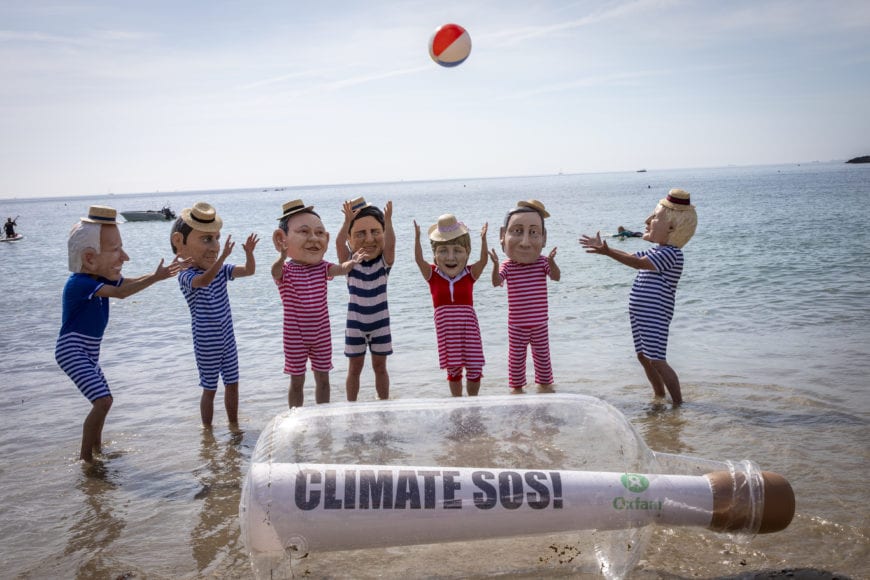Oxfam launched the new HAMRIIK project in Oé-Cusse, Timor-Leste in April 2024. The project, named after the Tetum word meaning ‘to stand,’ aims to bolster the climate change adaptation capacities of households and communities in rural Timor-Leste and effectively address the intersections between gender, disability, and climate change.
This $1.76 million NZD initiative is fully funded by the New Zealand Aid Programme, through their Climate Finance for Community Resilience programme which aims to enhance community resilience and adaptation to climate change across the Pacific and Asia.
“Oxfam Aotearoa is delighted to be further strengthening our relationship with Oxfam in TImor-Leste and local partners in the area through the launch of HAMRIIK,” said Jason Myers, Executive Director of Oxfam Aotearoa.
“By working at a household level, HAMRIIK will complement existing work we are partnering to deliver in Timor Leste that sits at the intersection of climate and gender justice,” he added.
This initiative targets vulnerable rural households in Oé-Cusse and Liquiçá, areas that are particularly susceptible to the impacts of climate change. Through a multifaceted approach, the project will:
- Provide skills and materials to promote climate-smart agriculture and enhance water security.
- Strengthen local partner organisations’ capacity to deliver climate change programmes that remove structural barriers and address injustices such as unequal rights between women and men.
- Work with local authorities to incorporate equity considerations into climate adaptation planning and action
The project aims to directly engage with 652 women and 791 men, including 274 persons with disabilities, ultimately reaching a total of 7,800 individuals across 12 sucos (villages) in Oé-Cusse and Liquiçá municipalities.
“OXFAM’s HAMRIIK project aims to support these communities, especially women, in enhancing their resilience to climate change through collaboration with civil society organisations. This initiative seeks to empower rural communities, enabling them to influence and contribute to climate policies affecting their lives,” said Oxfam International Country Director for Timor-Leste, Mr. Fausto Belo Ximenes.
“I would like to thank the Government of New Zealand for its continued support to the Timorese people and the Government of Timor-Leste especially RAEOA authorities for their collaboration, as Oxfam reaffirms its commitment to fostering a just, sustainable, and inclusive Timor-Leste,” he added.
Through generating evidence and promoting inclusive practices, HAMRIIK seeks to equip decision-makers and civil society partners with the insights and skills needed to address the challenges of climate change adaptation in a way that effectively addresses gender justice, is inclusive of people with disabilities, and strengthens local partner capacity.
Contact information
Rachel Schaevitz | [email protected] | +64 27 959 5555







